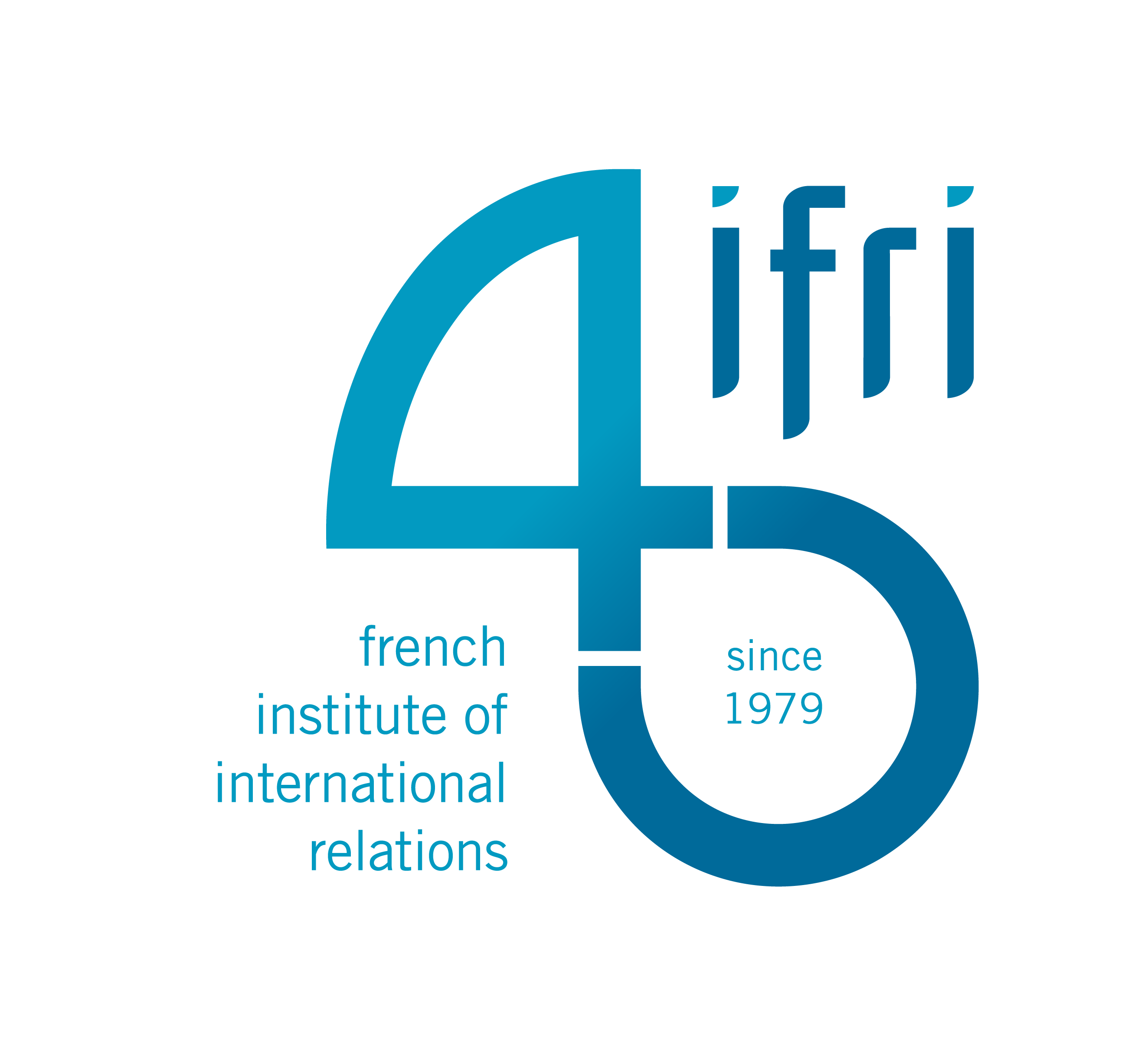The political crisis brewing in Georgia is of an existential nature for the country. What is at stake is Georgia’s future as a democratic and sovereign European nation (EU).
Georgia is at a critical crossroads. Georgian Dream (GD), the ruling party that has been in power since 2012, abruptly decided to derail the country from its European path soon after claiming victory in parliamentary elections that domestic and international observers have assessed as fraudulent and marred with irregularities. This decision triggered the ongoing massive protests in Georgia, marking the culmination of yearlong unrest provoked by a series of measures that the ruling party took with the aim of eroding democratic institutions and suppressing dissent. Georgia’s turn from pursuing an ever-closer partnership with – and eventual membership of – the European Union (EU) to self-inflicted alienation from Europe has been dramatic. Most surprisingly, this shift reached a new peak right after Georgia gained the status of candidate for EU accession that it had long sought.
The political crisis brewing in Georgia is of an existential nature for the country. What is at stake is Georgia’s future as a democratic and sovereign European nation. Besides, if consolidated, Georgia’s U-turn will undoubtedly affect the regional balance in the South Caucasus to the detriment of democratic and pro-European forces. Furthermore, an illiberal Georgia estranged from Europe and increasingly aligned with Russia would enable Moscow to reassert its influence in the South Caucasus – a region that is “integral to the Kremlin’s wider ambitions of dominating the Black Sea”.
The crisis that Georgia has been plunged into is also consequential for the EU, for its identity and for the declared goals guiding its foreign and security policy. It tests the EU and its political will and resolve to uphold security and the values it stands for on the continent. Ensuring that the enlargement process is not hijacked by the ruling party of a candidate country against the will of its people should be a strategic goal for the EU.
Teona Giuashvili is a David Davies of Llandinam Research Fellow in the Department of International Relations at the London School of Economics and Political Science, where she focuses on the geopolitics of Eastern Europe. She is a former Georgian diplomat with over eleven years of experience in multilateral diplomacy and conflict resolution, Georgia’s European integration and bilateral relations with France. Among other postings, she served as chargée d’affaires and deputy ambassador of Georgia to France. Teona holds a PhD in Political Science and a Master’s degree in European Studies from Sciences Po Paris, as well as Master’s degrees in International Relations from the University Panthéon-Assas Paris II and Tbilisi State University.
About the author:
Teona Giuashvili is a David Davies of Llandinam Research Fellow in the Department of International Relations at the London School of Economics and Political Science, where she focuses on the geopolitics of Eastern Europe.


